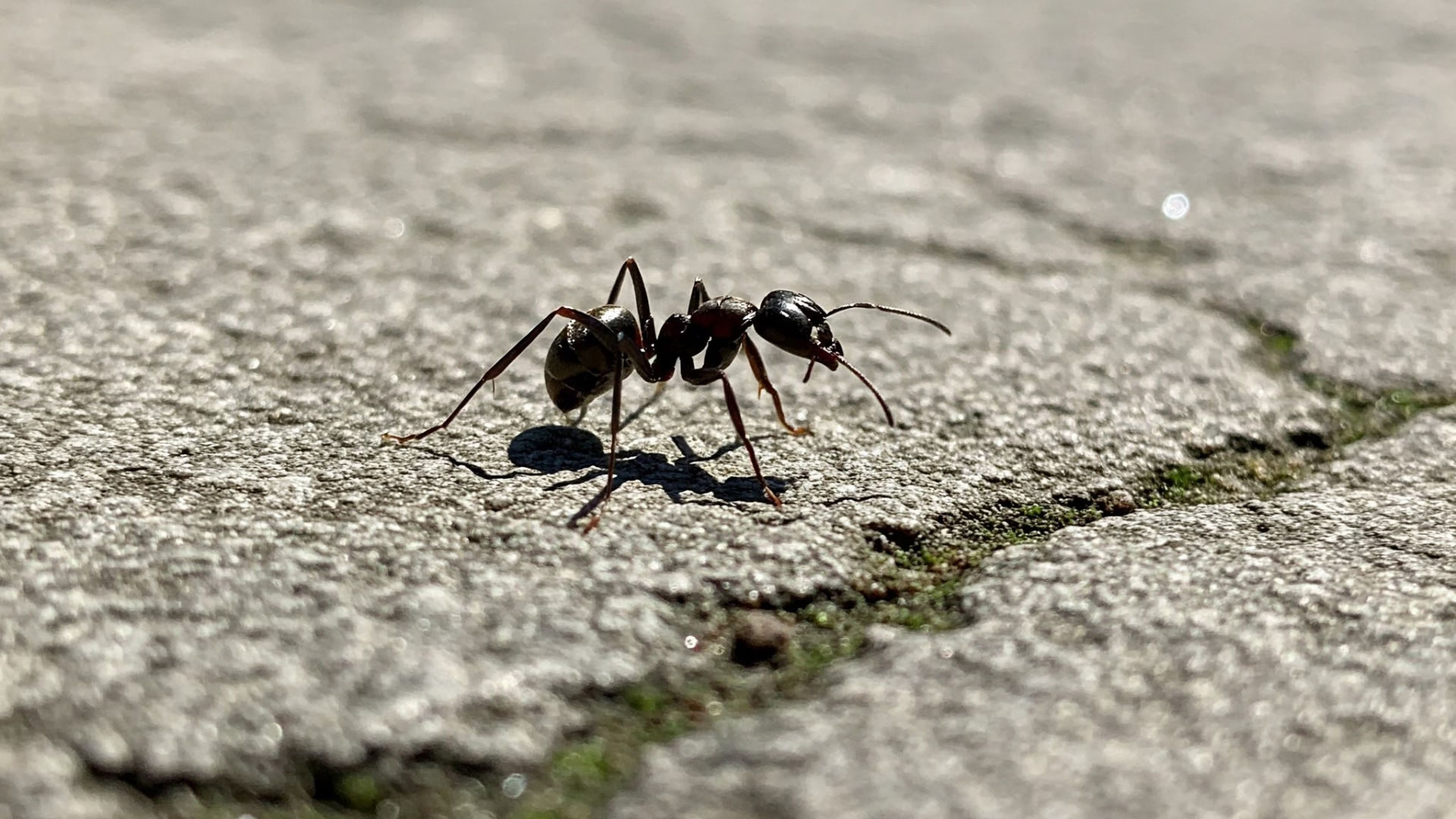Whom Do You Write For?
How many times have you stopped mid-sentence to ask yourself what someone would think about what you just wrote? Or if it would be considered offensive or clever, which then influences what you write next. Your authentic voice is there, somewhere, but you give in to ego or insecurity or something which prevents you from accessing it.
Some famous poets have insisted on writing while inebriated, which I could never do as that was the furthest away that I could find myself from my authentic voice – but I did try! Certain prophets have claimed to be possessed with divine words flowing through them with their bodies simply being vessels.
I am neither famous nor a prophet, so in order to write the poetry that I wanted to, after years of trying, and which I knew was in me, I had to learn to be honest with myself and answer the fundamental question, Whom Do You Write For? I remember the morning when things started to change. It was during the covid lockdown. I started meditating and began to study Reiki (I became a certified Reiki Master shortly after). I was sitting on a thick cream pouf in the middle of my living room. My hands were placed palm down on my legs, which were crossed. My eyes were slightly open, and my gaze was a few feet forward – as I had learned in my meditation class.
As usual, I was not present and was thinking about mundanities. I was also upset thinking about something that occurred when I was driving the day before and was stewing on that when a voice in my head asked, Ramiro, why are you mad? It wasn’t my inner voice, which I was accustomed to, but rather, a new voice with authority but also sincerity. I answered the voice that it was because it was the thoughtlessness of the other driver, but it asked again – and why are you still mad? I sat in silence, and I forced myself to stay seated until I was able to answer that I was still mad because I felt hurt.
The voice then asked, and why do you feel hurt? To which I answered – because it wasn’t fair that people are inconsiderate. And how does that make you feel? said the voice. It makes me feel sad, I answered. And this went on until I was answering questions that I had subconsciously avoided pretty much all my adult life. I had deliberately forced myself to be interrogated, whereas normally, I would have stood up and walked away halfway through making myself believe that I had made progress and was totally Zen because I had done just enough.
To get to the root of the problem, I had to strip away all the armour I had built around myself. This is a common predicament for most, if not all of us, how we choose to deal with this “protection” either with cognitive or behavioural avoidance is up to us. My task was clear – to find my authentic voice I had to strip every layer away and be honest with myself.
I repeated this process every day for months, though most of the time nothing would happen on the rare occasions that something did happen, it would be a revelation – I felt like I was truffle hunting. I gradually started to connect with my authentic voice and gradually my poetry started to change. I stopped thinking about how my poems would be received and just started writing whatever came to mind, it was liberating. By the time I was finished I had poems that read like stories but with only a few lines, they were short but sharp with kick at the end. I was writing without self-imposed restrictions. I began showing people my poetry, which is something I rarely did before. Someone who I showed my poems to told me that this was like graffiti – just a quick burst of words packed into a short story, like a mural. That’s how I came up with the term – graffiti poetry, which now has become my poetic style.
To be clear, finding my authentic voice helped me become a better poet, but it didn’t necessarily answer the question – Whom Do You Write For? Instead, it gave me clarity and connection to who I am which may or may not be “self”, which even if it is, is constantly changing. I am not the same person I was 10 years ago, who is? The Buddha believed in a doctrine called anatta, defined as “no-self”, or the belief that an autonomous self is an illusion. I don’t know if there is a “self”, or if our “souls” equate to “selves” or if we even have souls – I hope so! Perhaps to truly answer the question, Whom Do You Write For? you should first ask yourself – Who Am I? and go from there.
I’m Nobody! Who are you?
BY EMILY DICKINSON
I’m Nobody! Who are you?
Are you – Nobody – too?
Then there’s a pair of us!
Don’t tell! they’d advertise – you know!
How dreary – to be – Somebody!
How public – like a Frog –
To tell your name – the livelong June –
To an admiring Bog!
Sign up for the monthly newsletter and never miss a word.

